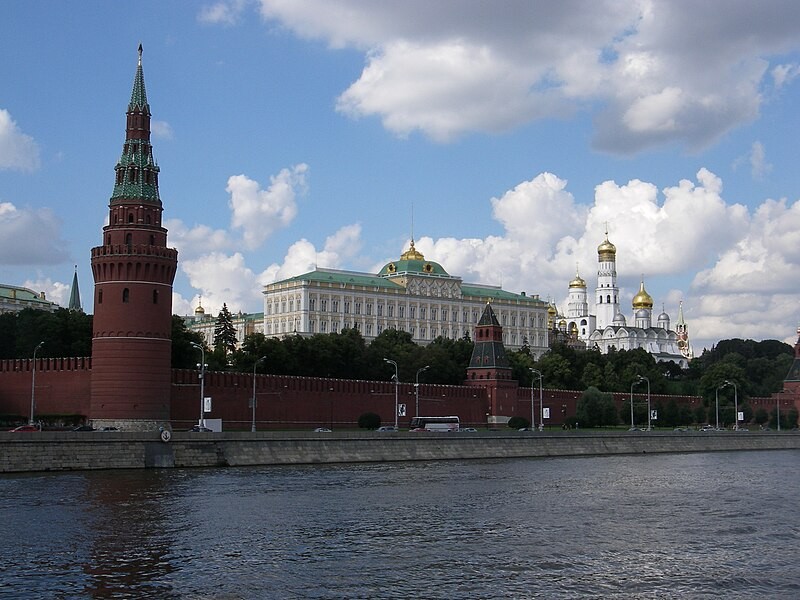Yesterday, the State Duma bill passed with an overwhelming majority. It is expected to pass through the upper house of parliament, and be signed into law by President Vladimir Putin.
The legislation would allow the government to freeze the assets and close the offices of any organization which is seen as a “threat to Russia's defense capabilities, security, public order, [or] public health.”
In 2012, Russia adopted a bill that allowed any organization receiving foreign funding to be deemed a “foreign agent” if they engage in the broadly-defined field of “political activity”. The new legislation goes a step further, giving officials the authority to target individuals who work for such organizations, with punishments ranging from fines to up to six years in prison.
Critics of the bill are concerned that its vague language will give the government authority to quiet critical voices. Amnesty International called the law a “troubling sign of the authorities’ vigorous measures to restrict any public space for criticism”.
Radio Free Europe/Radio Liberty reports that the Kremlin’s own human rights ombudsman opposed the bill.
Even within the Duma, there were doubts about the effects of the new law. Speaking to Deutsche Welle, State Duma member Dmitry Gudkov expressed concern that the language would be bad for business.
“This will have a negative effect on the mood of investors in Russia, because it will let the government close any organization without a trial. That means businesses as well,” said Gudkov.
The bill has been widely seen as a rebuke to Western sanctions over Russia’s involvement in conflict in eastern Ukraine.






